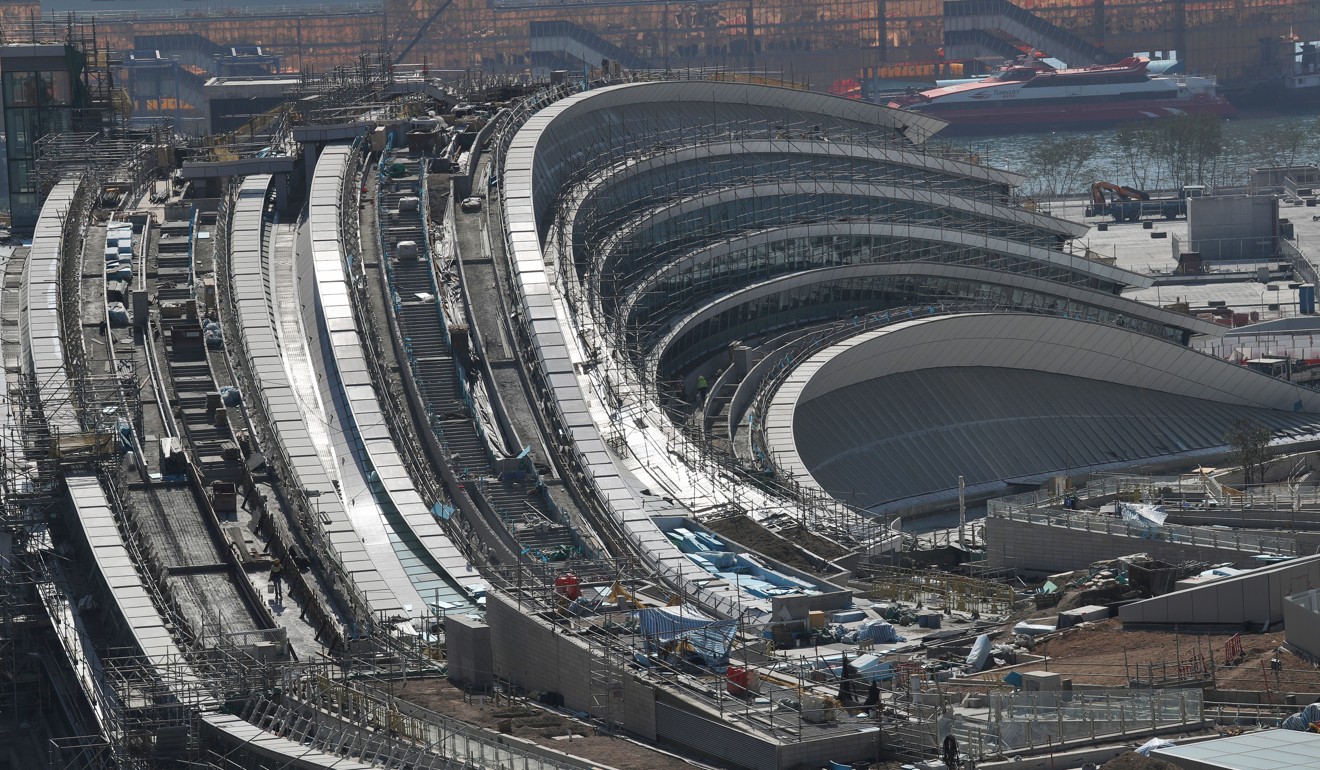
Hong Kong lawmakers primed for showdown over joint checkpoint plan as 60 of 64 Legco members sign up for key committee
Sixty of 64 Legco members sign up for pivotal bills committee that will review controversial plan allowing mainland officials to work locally at rail terminus
Legislators across Hong Kong’s political spectrum were preparing for a showdown over a controversial joint checkpoint plan for a high-speed cross-border rail link, with almost all lawmakers vying for a seat on the bills committee that will start scrutinising the proposal on Monday.
The committee will hold its first meeting on Monday, and atop its agenda is the election of a chairman and vice-chairman.

Is Beijing envoy’s personal travelogue a veiled boost for joint checkpoints at Hong Kong-mainland China link
With its predominant membership in the committee, the pro-establishment camp is expected to ensure that Ip and Cheung become chairwoman and vice-chairman.
“I am well-qualified for the post given my previous background in immigration and border matters,” Ip, a former security minister, said. “Whether the chairman is an Executive Council member or not, the window for legislation is limited as train services are expected to start in the third quarter.”
Ip hoped the committee would finish its review of the bill by the end of May and then put it forward for a full Legco vote.

